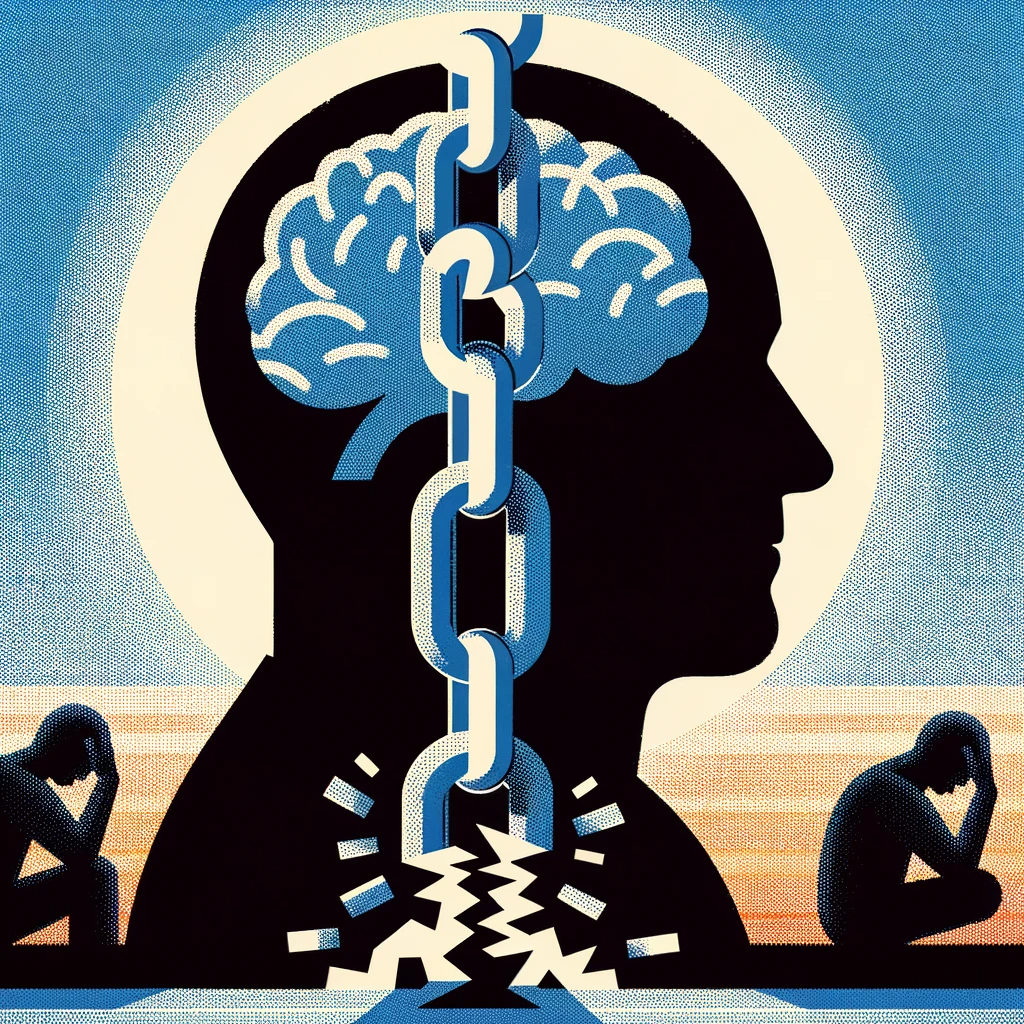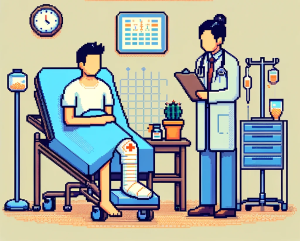
Understanding the Link: Mental Health Disparities in Young Adults with an Arrest History
The recent article titled Mental Health Disparities in Young Adults with Arrest History: A Survey-Based, Cross-Sectional Analysis delves deep into the troubling connection between arrest histories and mental health issues among young adults aged 18 to 25. This blog aims to unpack the complex findings of the study, making them accessible and engaging for all. Public health practitioners can better support this vulnerable population by understanding these connections. Read the original article here.
The Unseen Crisis: Young Adults and Arrest
The United States has the highest incarceration rate globally. Over 4.53 million arrests were made in 2021, a significant portion involving individuals under 26. The study, utilizing the 2021 National Survey on Drug Use and Health (NSDUH), brings to light the heightened risk of mental health issues among this demographic, specifically focusing on those with an arrest history.
Alarming Findings: The Link Between Arrest and Mental Health
The study’s results are alarming.
Among young women with an arrest history, there is a marked increase in substance use, suicidal ideation, suicide attempts, serious mental illness (SMI), and depression. For young men, the study found a similar, albeit slightly less pronounced, increase in these mental health concerns, particularly related to substance use and suicide. These findings suggest that arrest doesn’t just mark a moment in time but carries profound, ongoing implications for the mental health of these young adults.
Implications for Public Health
Targeted Mental Health Interventions
Given the stark connection between arrest history and mental health issues, public health practitioners need to focus on targeted interventions. These should include providing comprehensive mental health care to arrestees, addressing substance use disorders proactively, and offering support systems that specifically cater to the unique needs of this group.
Rethinking Correctional Health Policies
The study underscores the need for a holistic approach to correctional health policies. Providing appropriate mental health and substance use care within the criminal justice system could significantly reduce the odds of recidivism and improve the overall well-being of young adults with an arrest history.
Towards a More Just Future
As we move forward, policymakers, healthcare providers, and community leaders must consider the profound impact of arrest on an individual’s mental health. Understanding and addressing these issues can create a more just and supportive society for all.
Mental Health Disparities in Young Adults with Arrest History sheds light on a critical but often overlooked issue. It is evidence for comprehensive reforms and targeted interventions to support the mental health of young adults with an arrest history.
Elevate Your Insight with Every Issue!
Ignite your journey as a public health change-maker through ‘This Week in Public Health.’ Each edition draws you nearer to the pulse of community health, pioneering research, and advocacy. Beyond mere news, it’s your catalyst for transformation. Become a part of our community of enlightened individuals dedicated to driving positive change in public health every week – subscribe for free now!



